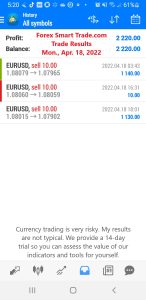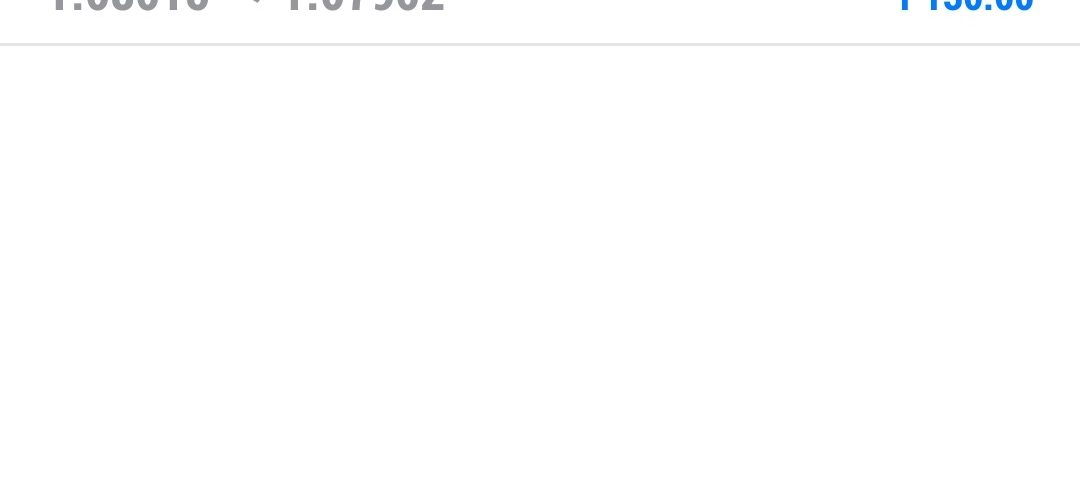Forex Trade Results April 18, 2022 – $2,220.

Forex Trade Results April 15, 2022 – $0 – No Trades Today
April 18, 2022
Forex Trade Results April 19, 2022 – $6,689.
April 19, 2022Forex Spread Bet
a forex spread bet is a derivative product. With spread betting, you don’t take ownership of the underlying asset. Instead, you speculate on whichever direction you think its price will move up or down.
A forex spread bet enables you to speculate on the future price direction of a currency pair.
A currency pair’s price being used on the spread bet is “derived” from the currency pair’s price on the spot FX market.
How far the market moves in your favor before you close your position dictated your profit or lesson-the-spot. In addition, by how much money you have bet per “point” of price movement.
Spread betting on forex is provided by “spread betting providers“.
Unfortunately, if you live in the U.S., it is illegal to do spread betting. Despite being regulated by the FSA in the U.K., the U.S. consider spread betting to be internet gambling, which is currently forbidden.
Forex CFD
A contract for difference (“CFD”) is a financial derivative. Derivative products track the market price of an underlying asset so that traders can speculate on whether the price will rise or fall.
The price of a CFD is “derived” from the underlying asset’s price.
A CFD is a contract, typically between a CFD provider and a trader, where one party agrees to pay the other the difference in the value of a security, between the opening and closing of the trade.
In other words, a CFD is basically a bet on a particular asset going up or down in value, with the CFD provider and you agree that whoever wins the bet will pay the other the difference between the asset’s price when you enter the trade and its price when you exit the trade.
A forex CFD is an agreement (“contract”) to exchange the difference in the price of a currency pair from when you open your position versus when you close it.
A currency pair’s CFD price is “derived” from the currency pair’s price on the spot FX market. (Or at least it should be. If not, what is the CFD provider basing its price on?
Trading forex CFDs gives you the opportunity to trade a currency pair in both directions. You can take both long and short positions.
If the price moves in your chosen direction, you would make a profit, and if it moves against you, you would make a loss.
In the EU and UK, regulators decided that “rolling spot FX contracts” are different from the traditional spot FX contract.
Rolling Spot FX Contracts
The main reason being is that with rolling spot FX contracts, there is no intention to ever take actual physical delivery (“take ownership”) of a currency. The purpose is to simply speculate on the price movement in the underlying currency.
The objective of trading a rolling spot FX contract is to gain exposure to price fluctuations related to the underlying currency pair without actually owning it.
So to make this differentiation clear, they rule a rolling spot FX contract as a CFD. In the U.S., CFDs are illegal so it’s known as a “retail forex transaction.”
Forex CFD trading is provided by “CFD providers“.
Outside the U.S., retail forex trading is usually done with CFDs or spread bets.

Learn to Trade
If you’d like to earn extra income trading on the Forex market, consider learning how to currency trade with Forex Smart Trade. With their super-accurate proprietary trading tools and best-in-the-business, personalized one-on-one training, you’ll be successful. Check out the Forex Smart Trade webinar. It shows one of their trader’s trading and how easy, intuitive, and accurate the tools are. Or try the Forex Smart Trade 14-day introductory trial for just TEN dollars.


